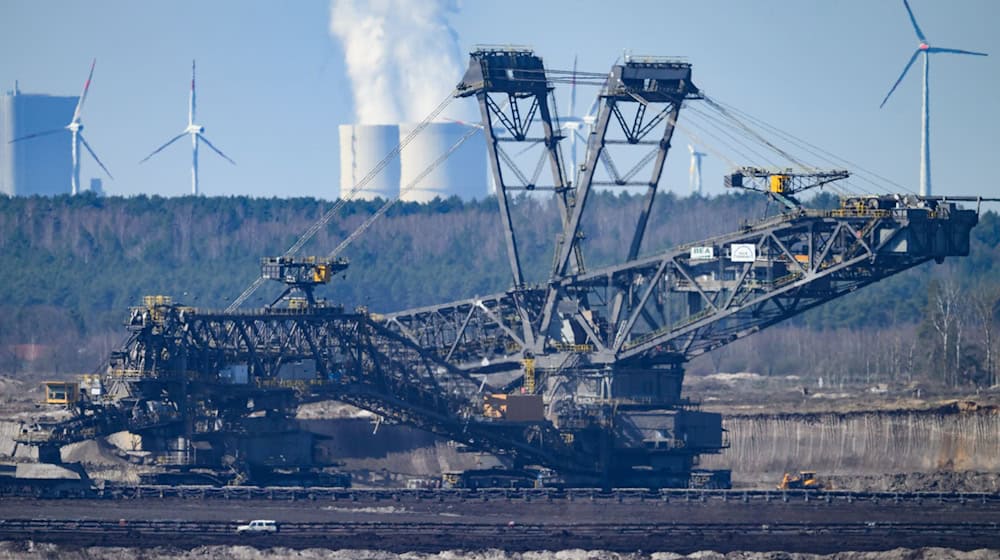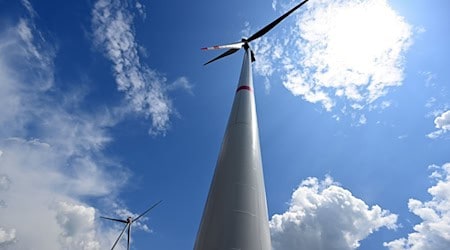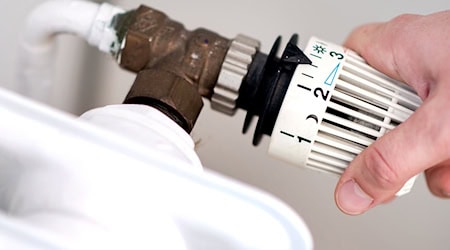In the course of the ongoing restructuring of the lignite company Leag, the environmental organization Greenpeace has demanded that the federal states of Saxony and Brandenburg apply for creditor protection. A corresponding application by the law firm Günther, initiated by Greenpeace, has been sent to the Minister Presidents and the Mining Authorities of the two states, the organization announced. Greenpeace believes that the Group's structuring jeopardizes the legally prescribed provisions for recultivation.
The background to this is the concern that the federal states could be left with billions in costs for the recultivation of former opencast mines. "It is a scandal how the owners of Leag want to pass on their costs to the general public by hiving off assets worth billions," said Greenpeace energy expert Karsten Smid. The state governments must protect themselves from this.
Greenpeace accuses Leag of "balance sheet tricks"
In January, Leag decided on a reorganization in which the renewable energy division is to be separated from the lignite business. This would deprive the part of the company responsible for opencast mine remediation of considerable financial resources, criticized Greenpeace. The organization points out that, according to Leag, less than ten percent of the necessary reserves have been allocated to the responsible pension companies to date - according to Greenpeace calculations, only around five percent.
In its application, the law firm Günther argues that, according to the Federal Mining Act and the Transformation Act, the senior mining authorities are obliged to secure the legal claim to the restoration and proper use of the opencast mines. If this obligation is jeopardized by asset transfers, creditor protection proceedings could be initiated.
Doubts about Leag's billion-euro valuation
Greenpeace also expresses doubts about the certificate of value issued by the auditing company on behalf of Leag. According to the organization, the document is based on "unrealistic planning principles and inadequate risk hedging".
According to Leag, the long-term obligations for recultivation amount to around 5.4 billion euros, Greenpeace reported. Around 3.3 billion euros of this would still have to be generated by the planned coal phase-out in 2038 - a target that Greenpeace believes is hardly achievable in view of rising CO2 costs.
Copyright 2025, dpa (www.dpa.de). All rights reserved










